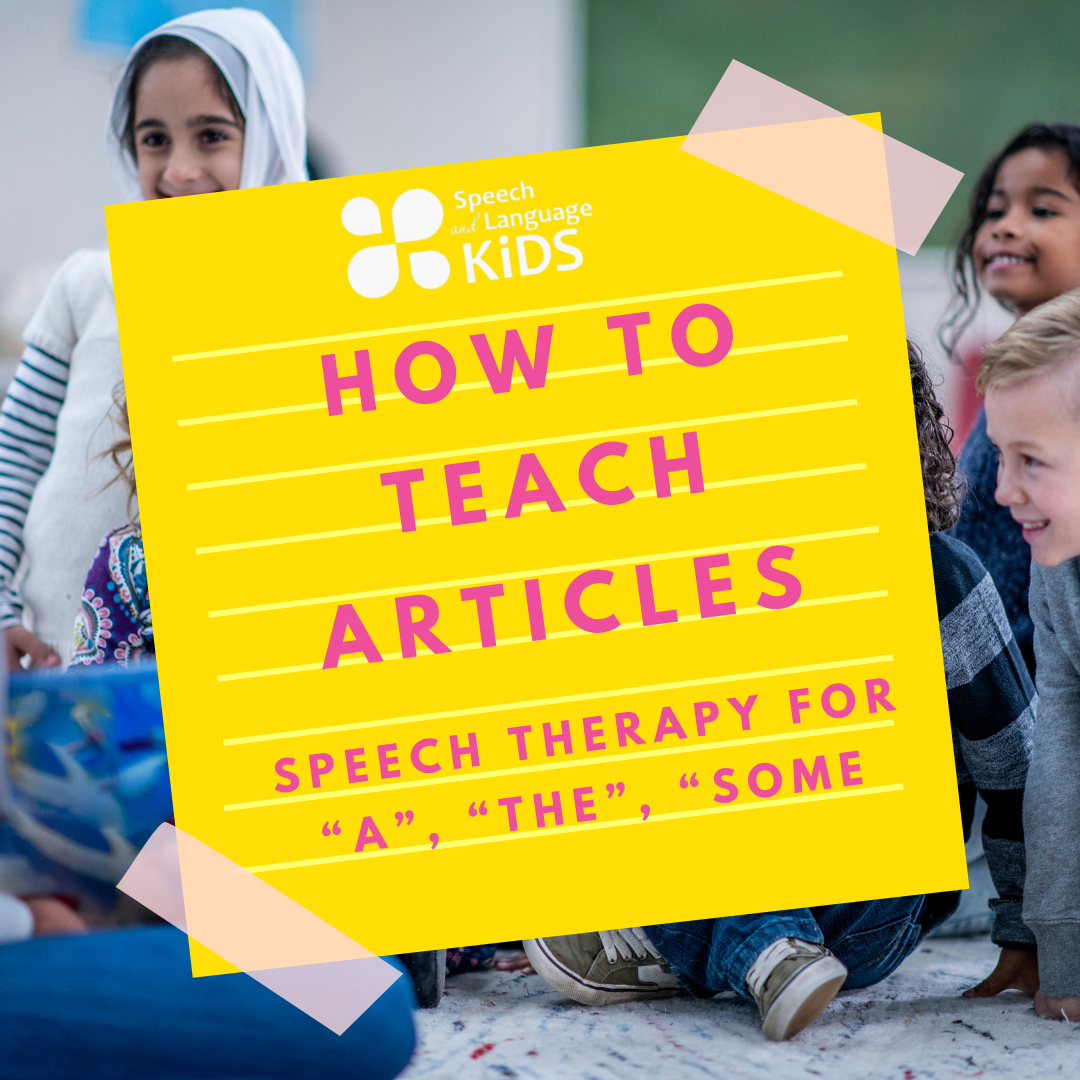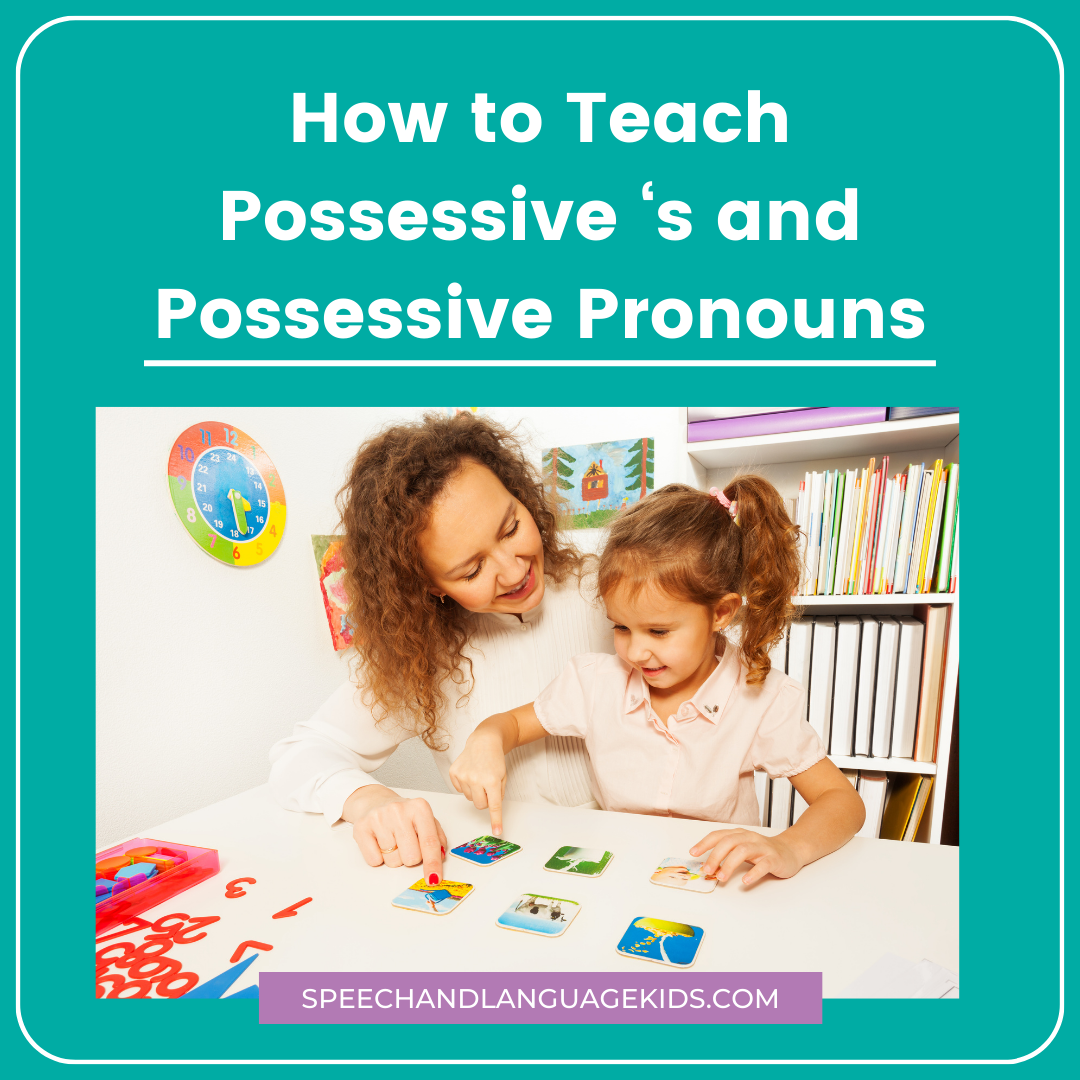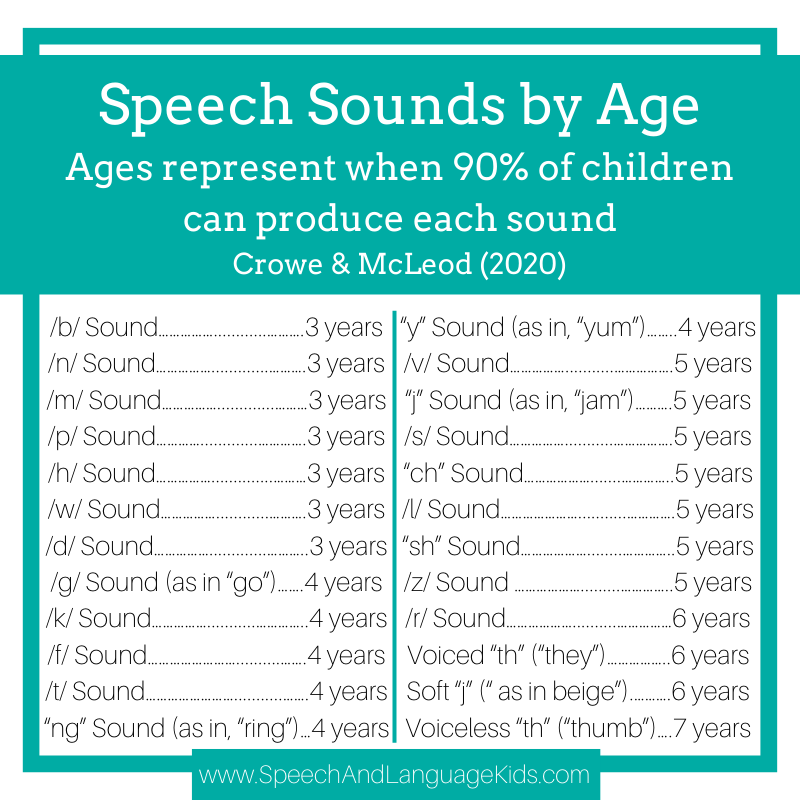Topic:
Resource Type:
Results:
AAC Devices for Autism | Are Communication Devices Helpful?
AAC Devices for Autism Augmentative-Alternative Communication (AAC) devices can help children with autism communicate when they struggle to speak. These devices can reduce frustration and improve quality of life for autistic children and their families. This page explains how AAC devices can help autistic children and teens
Lateral Lisp Exercises for Speech Therapy
Lateral Lisp Exercises for Speech Therapy When /s/ and /z/ sound slushy... And it sounds like there is a lot of saliva built up in the mouth.... A lateral lisp may be at play. This page contains exercises and speech therapy ideas for helping a child or teen
Why Questions for Kids | Activities for Speech Therapy or Class
"Why" Questions - Speech Therapy Activities and Program Children sometimes struggle to answer questions, particularly "why" questions. We can use simple activities in speech therapy to help a child learn to answer "why" questions in conversation. This page explains how to do speech/language therapy for teaching a
“What” Questions for Kids | Speech Therapy Activities and Ideas
How to Teach a Child to Answer "What" Questions: Children with language delays often have difficulty answering questions. When teaching a child to answer questions, it is helpful to teach one question form at a time. "What" questions is a great one to start with because it is
How to Teach Articles: Speech Therapy for “a”, “the”, “some”
How to Teach Articles: Speech Therapy for "a", "the", "some" Children with language delays often leave out articles like “a”, “the”, and “some”. This can make their speech choppy and hard to follow. Your child should be using articles by 4 years of age. Some children start using
CV, VC, CVC, and CVCV Words | Speech Therapy Materials
CV, VC, CVC, and CVCV Words: Speech Therapy Materials Children who are learning to speak or learning to read can benefit from practicing with shorter words first, such as: Consonant-Vowel (CV) Words Vowel-Consonant (VC) Words Consonant-Vowel-Consonant (CVC) Words Consonant-Vowel-Consonant-Vowel (CVCV) Words This page contains lists of CV, VC,
When Questions Speech Therapy | Games & Question Lists
"When" Questions Speech Therapy Ideas Children with language delays often have difficulty answering questions. When teaching a child to answer questions, it is helpful to teach one question form at a time. This page contains ideas and games for helping a child learn to answer "when" questions.
AAC Apps | Best AAC Apps for Children (2025)
Best AAC Apps of 2025: A Review of my Favorites An Augmentative/Alternative Communication (AAC) App is a program where a child can push a button and the device will speak what the child wants to say. It's a way for non-speaking children to be understood. There are
How to Teach Irregular Plural Nouns
How to Help a Child Use Irregular Plural Nouns Most of the time in the English language, when we want to say that there is more than one of something, we just add an –s to the end of the word. Easy enough. However, there are quite a
Child/Baby not Responding To Name: How Can We Help?
Baby/Child Not Responding to Name: What to Do By the time a child reaches their first birthday, they should be able to respond to their name by looking at whoever said it. But what can we do if a child is late to reach this milestone? This
Stimming and Hand Flapping when Excited – How to Help
Stimming and Flapping when Excited - How to Help Is it a problem if a child is stimming and hand flapping when excited? Sometimes, children will flap their hands or engaging in self-stimulatory behaviors (also called “stimming”) when they are excited, anxious, overwhelmed, or having other strong emotions.
How to Teach Possessive ‘s and Possessive Pronouns
How to Teach Possessive 's and Possessive Pronouns to Children: The possessive 's is what we add to a noun to indicate possession. We can use it to say "Sally's ball", "Mommy's cup" or "the school's mascot". We can also indicate possession by using possessive pronouns like "his",
How to Teach Past Tense | Activities and Ideas for Teaching Kids
How to Teach Past Tense | Activities and Ideas for Teaching Kids How do we teach regular and irregular past tense verbs to children? What can I do to help a child who is struggling to use past tense verbs correctly? On this page, we'll give you
Plurals Speech Therapy: How to Teach Regular Plural Nouns to Children
How to Teach Regular Plural Nouns in Speech Therapy: Most of the time when we have more than one of something, we just an an -s to the end of the word. But sometimes, we get to change the whole thing. We call those irregular plural nouns. Thanks
Word Retrieval / Word Finding Strategies & Activities
Word Retrieval / Word Finding Strategies and Activities When a child can't think of the right word... ...or says the wrong word instead... ...they may be struggling with word finding. This page explains why some children struggle with word finding/word retrieval and what we can do to help
AAC Devices for Kids: What are They and How to Use Them
AAC Devices for Children: What are they and how to use them Augmentative/Alternative Communication (AAC) Devices are a way for children to communicate with others if they are unable to speak. They provide a way to reduce frustration for children who cannot communicate well with others and allow them
Teaching Pronouns – Speech Therapy | “He”, “She”, “They”
How to Teach Pronouns - Speech Therapy for "He", "She", "They" Children with language delays sometimes struggle to correctly use pronouns like "he", "she", and "they". They may say "her is running" or "him going there". This page shows you how to teach pronouns to a child
How to Stop Mumbling | Clear Speech Strategies for Children
How to Stop Mumbling | Clear Speech Strategies for Children How can we help a child who is mumbling? What are the steps to teaching clear speech? On this page, we'll share the 5 steps to stopping mumbling. We'll also show you some simple activities and exercises that
Speech Sounds by Age (and How to Teach Them)
Speech Sounds by Age: When and How to Teach Speech Sound Pronunciation Children learn to pronounce speech sounds correctly at different ages. Some sounds develop earlier... ...and some develop later. When a child is late to learn a specific speech sound, we can help them through speech therapy
Stopping of Fricatives | Speech Therapy for Fricative Sounds
Stopping of Fricatives | Speech Therapy for Fricative Sounds Stopping of fricatives (replacing long "fricative" sounds with shorter "stop" sounds) is a normal part of phonological development. However, if a child is using stopping of fricatives past 4 or 5 years old, they may benefit from speech therapy.






















